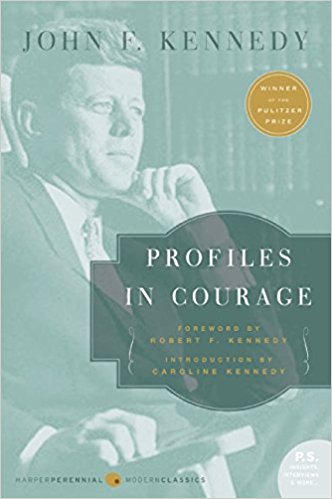We ought to be as principled in our writing as we are in our teaching and our learning.
Todd Rogers, Professor of Public Policy at the Harvard Kennedy School (HKS), runs an experiment for students in Science of Behavior Change. Groups are asked to write an online script enticing as many people as possible to donate some of their earnings. As a student of persuasion, I knew what would work best: people don’t have time to read, so keep it short. The simpler, the better.
I was only half-right. The most successful groups loaded up the page with clunky text. Overwhelmed, potential donors appear to have scrambled for the exits, driven towards a big blue button, saying: “Yes, I will donate.”
“Aha!” you might say. “But that’s unethical.”
I would agree. The hardest test we face as public servants is sticking to our values: to speak truthfully, to observe the principles of justice, to respect the dignity of others and to hold ourselves to account when we don’t.

If public service is about bettering everyone, not just ourselves, then we have a responsibility to be honest in our writing and to put the needs of the reader first. It isn’t always easy, but there are a few ways to help.
First, do try to write simply. A friend recently reflected on how the best consultants can take an issue and “de-complexify” it. We can forgive clumsy thinking in speech, but not in writing. Simple doesn’t mean simplistic. It takes effort to figure out what you want to say and to say it simply. The point is to do the figuring out yourself, so we don’t have to.
Second, spare a thought for the reader. I’m reminded of a young woman I met this summer at the post office. Cell phone in hand, she responded by way of languid blinks and eyebrow-raises.
Me: “Hi, I’m looking for an envelope –”
Her: “…”
Me: “Oh, that’s perfect, thank you, but do I need a –”
Her: “…”
Me: “– a customs slip, yes, thank you. And shall I fill it in here or –”
Her: “…”
Me: “Over there, lovely. Thank you.”
As far as communication goes, hers was close to perfect – simple, clear, and with as few words as possible (none, to be precise). But it lacked something all good communication has: compassion.

Above all, then, we must write with empathy. Ask yourself: Would I be happy to read this? Is my point clear? Will the reader know what to do? Everything should have a place and a purpose. Anything that doesn’t finds the bin.
And yes – writing with empathy also means checking your spelling. It may seem trivial, but it’s often the smallest missteps that leave the biggest impressions. My name is Elliott, not Eliot or Eliott. It’s also not James, my surname, and is definitely not “Parent” (please stop texting me, Boston Public Schools). Will I picket your office for bungling my name? Of course not. We all make mistakes. But know that after the third time you look sloppy and self-centered – and, if you think about it, maybe you are. As a general rule, for anything longer than “It’s a girl!” you need to check your writing.
I won’t be policing the halls, Strunk & White tucked under my arm, cutting your adverbs and tightening your prose. I ask only that you write with care. At HKS, our values drive all that we do. We therefore ought to be as principled in our writing as we are in our teaching and our learning.
